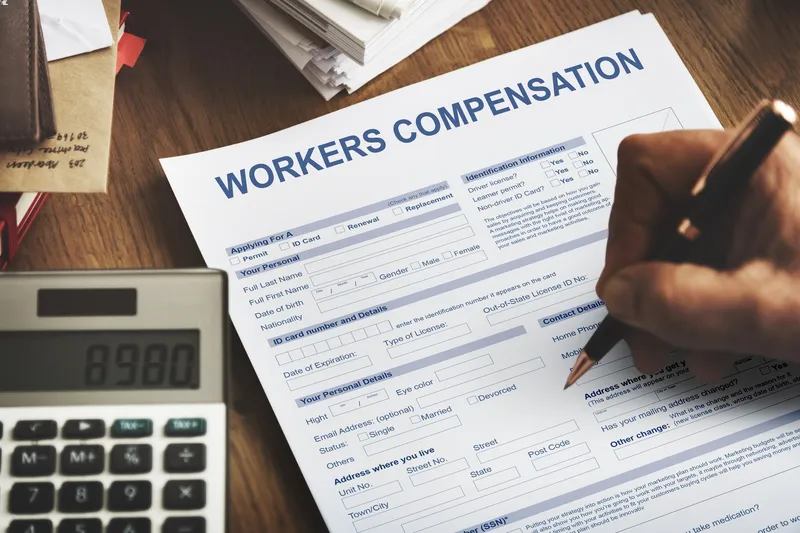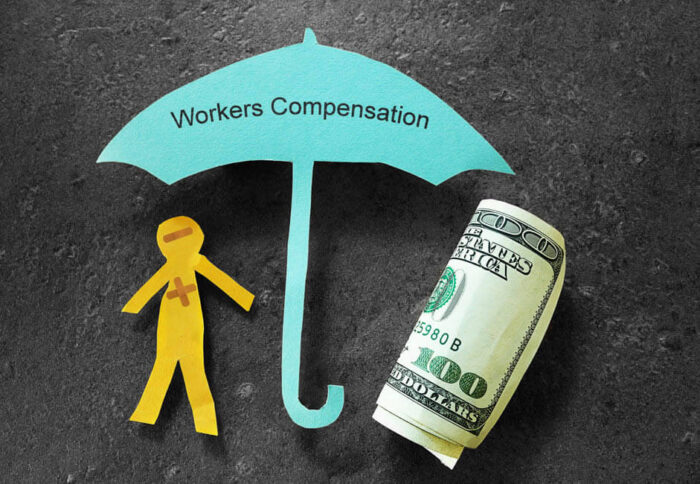
When an employee is injured on the job, workers’ compensation benefits are intended to provide financial and medical support during their recovery. In some cases, injured workers may be offered a settlement instead of ongoing benefits. While a settlement can provide much-needed financial relief, it’s important to understand the settlement process and your rights before agreeing to a settlement. In this post, we’ll explore what you need to know about workers’ comp settlements.
What is a Workers’ Comp Settlement?
A workers’ compensation settlement is a legal agreement between an injured worker and their employer (or the employer’s insurance company) that resolves the injured worker’s workers’ compensation claim. The settlement is typically a lump-sum payment that replaces ongoing benefits such as medical care, lost wages, and disability payments.

Why Do Employers Offer Settlements?
Employers may offer settlements in workers’ compensation cases as a way to avoid the time and expense of a trial. Settling a case can be a quicker and more cost-effective solution for both the employer and the injured worker. Additionally, settling a case can provide certainty and closure for both parties, as the terms of the settlement are agreed upon and final. It’s important to note that settlements are voluntary, and injured workers have the right to decline a settlement offer and continue to receive ongoing benefits if they choose to do so.
Other common reasons employers and their insurance companies may offer settlements include:
- To reduce their liability and potential future costs associated with the injury
- To incentivize the injured worker to agree to a settlement in lieu of ongoing benefits
How Are Workers’ Comp Settlements Calculated?
Workers’ compensation settlements are typically calculated based on several factors, including the severity of the injury, the cost of medical treatment, and the impact the injury has had on the worker’s ability to work and earn a living. In general, settlements may include compensation for medical expenses, lost wages, and any ongoing disabilities or impairments.
The settlement may also take into account the potential future costs of medical treatment and lost earnings. The exact calculation of a settlement can vary depending on the specific circumstances of the case, and it’s important for injured workers to work with an experienced workers’ comp lawyer to ensure that they receive a fair and adequate settlement that meets their current and future needs.
The settlement amount is negotiable, and both parties may go back and forth to arrive at a mutually acceptable figure. It’s important to note that once a settlement is reached, it is typically final and cannot be changed or appealed.

What Are the Pros and Cons Of a Workers’ Comp Settlement?
There are several pros and cons to consider when deciding whether to accept a workers’ compensation settlement. It’s important to weigh the pros and cons carefully and speak with an experienced workers’ compensation attorney before making any decisions about a settlement to reduce the likelihood of future issues related to your injuries.
The pros of accepting a workers’ comp settlement include:
- A lump-sum payment can provide immediate financial relief and certainty
- The injured worker can avoid the time and expense associated with ongoing legal battles
- The injured worker has more control over their treatment and care
- The injured worker can move on with their life and career without the uncertainty of ongoing benefits
The disadvantages of accepting a workers’ comp settlement include:
- The injured worker may not receive as much money as they would have received through ongoing benefits
- The injured worker may be responsible for paying for their own medical treatment and rehabilitation
- The injured worker may be giving up their right to future benefits, such as disability payments or vocational rehabilitation
- The injured worker may be required to sign a waiver of their right to pursue legal action against their employer or insurance company
How Do I Know If a Settlement Offer Is Fair?
Before accepting a settlement offer, it’s important to ensure that the offer is fair and adequate for your needs. This can be a complex and confusing process, and it’s recommended that injured workers consult with an experienced workers’ compensation lawyer.
A lawyer can help you understand your rights and options, evaluate the settlement offer, and negotiate on your behalf to ensure that you receive the full benefits you are entitled to. They can also help you navigate any legal requirements or paperwork associated with the settlement process.

Tips for Navigating the Workers’ Comp Settlement Process
In addition to consulting with a lawyer, injured workers should also take the following steps to protect their rights and interests during the settlement process:
- Seek medical attention: The first and most important step after an injury is to seek medical attention. Not only is this important for your health and well-being, but it can also help establish the severity of your injury and the extent of your medical needs. Be sure to keep all medical records and documentation related to your injury.
- Keep detailed records: Throughout the workers’ compensation process, it’s important to keep detailed records of all communication, including emails, phone calls, and letters. This can help you stay organized and ensure that nothing falls through the cracks. It can also be helpful to keep a journal of your symptoms and how they are impacting your life.
- Be wary of insurance company tactics: Insurance companies may try to pressure injured workers into accepting a settlement that is not in their best interests. They may use tactics such as offering a lowball settlement, delaying payments, or disputing the severity of the injury. Be sure to consult with a lawyer before accepting any settlement offers.
- Understand the tax implications: Workers’ compensation settlements are generally not taxable, but there are some exceptions. It’s important to understand the tax implications of a settlement before agreeing to it.
- Don’t rush the process: While it may be tempting to accept a settlement offer as soon as possible, it’s important to take the time to evaluate the offer and ensure that it meets your current and future needs. Rushing the process can lead to regret later on.
Understanding the workers’ compensation settlement process is crucial for injured workers seeking fair and adequate compensation for their injuries. While it may seem overwhelming and complex at first, working with an experienced workers’ compensation lawyer can make the process smoother and more manageable. By following the steps outlined in this blog, injured workers can protect their rights and interests during the settlement process and receive the compensation they deserve. For more information, check out this helpful resource from the personal injury lawyers at Smith Jordan Attorneys at Law.
















